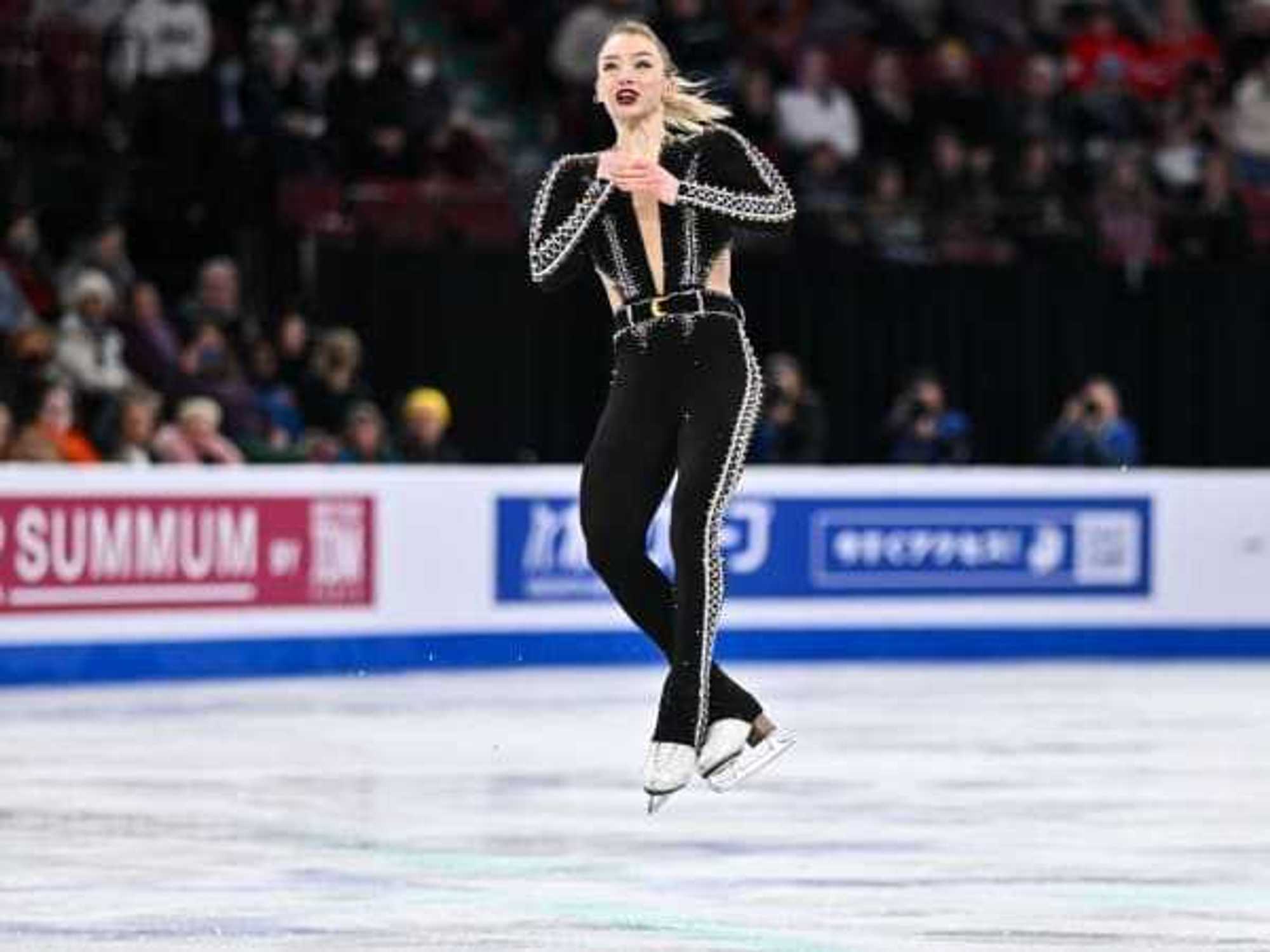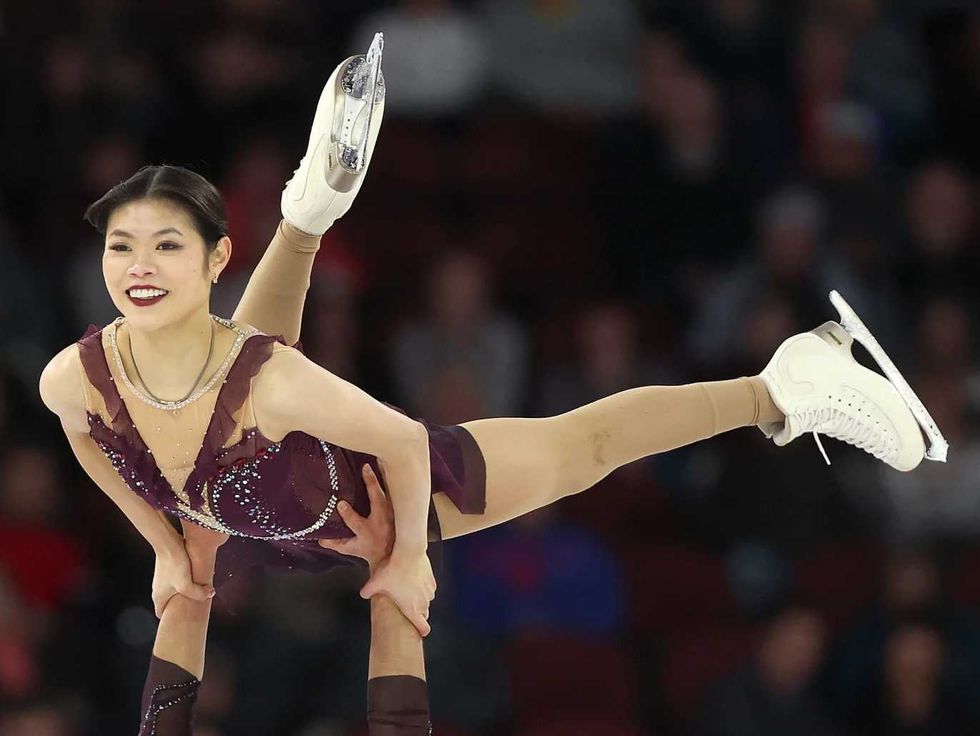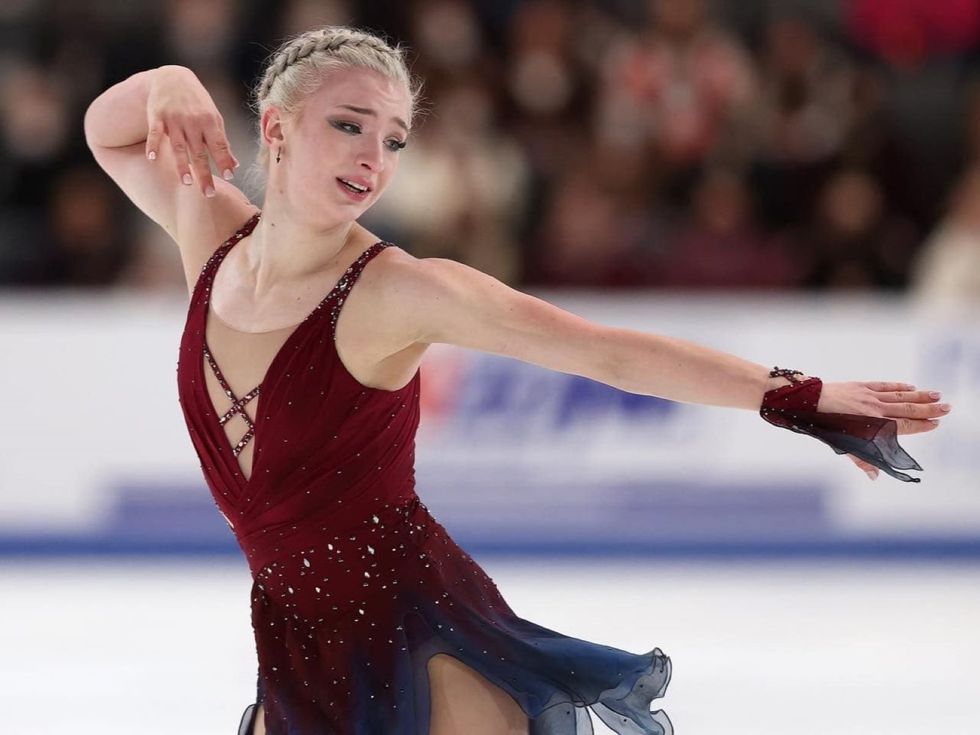
While folks chew over the tantalizing possibility of an NFL team and stadium in the Austin-San Antonio corridor, talk continues to churn about Major League Baseball also stepping up to the plate in our region.
No official plans for planting a Major League Baseball franchise in Austin or San Antonio are in the works, but that hasn’t stopped sports pundits from going to bat for the idea.
Writer Jesse Spector recently ranked San Antonio as the No. 2 market for a new Major League Baseball (MLB) team. On Spector’s list, San Antonio sits just behind Montreal and just ahead of Las Vegas.
In explaining the attractiveness of San Antonio as an MLB locale, Spector writes: “A city that has enjoyed a 50 percent spike in population in the last 25 years is ripe to become more than a one-sport town, and San Antonio is a place where baseball would not have to compete with the NFL for Texans’ sporting affection.”
If not San Antonio, then Spector says Austin would be “appealing” as an MLB location.
However, Spector goes on to point out that population growth alone does not translate into interest in MLB and suggests that the state’s two MLB teams — the Texas Rangers and the Houston Astros — might not be wild about a third franchise popping up in Texas. Spector says Major League Soccer actually might be a better fit for San Antonio.
San Antonio has just one major-league sports team, the NBA’s Spurs, and Austin has none. Both areas do have minor-league baseball teams though: the San Antonio Missions and the Round Rock Express.
Spector isn’t the only sports writer who’s cited San Antonio and Austin as possible MLB expansion cities.
Writing last year for The Hardball Times, an online magazine about baseball, Chris Mitchell pegged Austin at No. 3 on a list of potential MLB expansion markets, behind San Jose, California, and Las Vegas, but well ahead of San Antonio (No. 13).
Mitchell describes Austin as an “excellent landing spot” for an MLB team.
While Texas already is home to two MLB teams, Mitchell says there’s plenty of room for a third team in the Lone Star State, with Austin looking “good” demographically. Mitchell cites Austin’s male-heavy and relatively young population as well as its status as one of the few big U.S. cities lacking a major-league sports team. On top of that, Mitchell touts Austin’s comparatively high income levels and burgeoning economy.
In support of the Alamo City, Jarrod Brogdon, co-founder of the MLBinSanAntonio campaign, says San Antonio would be an “extremely attractive target” for MLB.
Writing last year for The Rivard Report, Brogdon explained that the MLBinSanAntonio initiative “is not your traditional attempt to lure an existing team from its home and convince them to move to San Antonio. This is not even one wealthy investor looking to purchase a new hobby. This starts with the people of San Antonio, Austin, and South Texas organically spreading the word and raising their hand for San Antonio.”
Keeping San Antonio and Austin in the MLB on-deck circle are a couple of factors:
- Neither place has a stadium large enough to accommodate an MLB team. Building a pro-level baseball stadium would cost hundreds of millions of dollars, and taxpayers likely would be on the hook for much of the tab.
- Both areas are relatively small TV markets. TV rights are a huge moneymaker for MLB franchises.
Baseball blogger Todd Boss notes that existing small-market MLB teams — teams in places like San Antonio and Austin — “struggle to compete financially with teams from the large cities.” He advises that it would be a “huge mistake” to locate a team in many of the small markets often mentioned as MLB expansion candidates, meaning that San Antonio and Austin could be waiting in the MLB bullpen for a long time to come.
In 2015, Bexar County Judge Nelson Wolff cautioned against getting too revved up about MLB possibly coming to San Antonio. “Frankly, unless the league is at the table saying they support it, you can be wasting a lot of time,” said Wolff, who tried unsuccessfully in 2006 to woo MLB’s Florida Marlins.
Wolff said that even though the Austin-San Antonio corridor, with more than 4 million residents, could hold appeal for MLB, the region’s sports energies are best directed toward attracting a Major League Soccer team and supporting minor-league baseball.

 Hannah Bilka is one of two North Texans competing in this year's Games.Photo courtesy of Getty Images
Hannah Bilka is one of two North Texans competing in this year's Games.Photo courtesy of Getty Images In addition to being a top-notch figure skater, Emily Chan is also trained in Chinese modern dance and ballet.teamusa.com/
In addition to being a top-notch figure skater, Emily Chan is also trained in Chinese modern dance and ballet.teamusa.com/ Plano's Amber Glenn will have the Dallas-Fort Worth crowd on its feet. Facebook/ISU
Plano's Amber Glenn will have the Dallas-Fort Worth crowd on its feet. Facebook/ISU  Boone Niederhofer is a former Texas A&M University football player.Photo courtesy of Getty Images
Boone Niederhofer is a former Texas A&M University football player.Photo courtesy of Getty Images